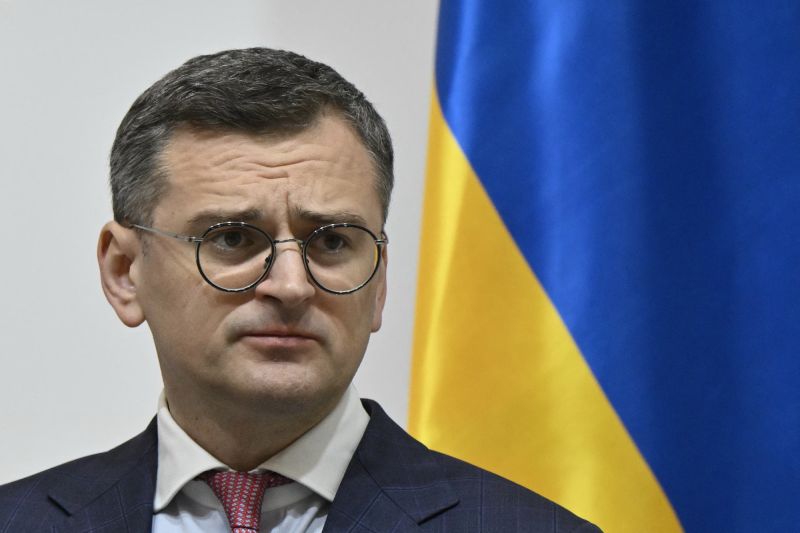Ukraine’s government, as part of its wider mobilization rules overhaul, has recently tightened the controls on all military-age abroad. This significant move stems from the escalating pressures in the international sphere and the dire need to reinforce their military forces for any potential challenges that may arise.
The country is undertaking massive strides towards restructuring its military conscription and reservist policies. As a part of this process, the Ukrainian authorities have decided to apply stricter controls on men of military service age currently abroad, with the primary intent of ensuring their availability for any possible call to arms. This age group in Ukraine traditionally ranges from 18 to 60 years, outlining a broad spectrum of the population directly affected by such changes.
This move to tighten pressure on military age men abroad is not an isolated act but instead is part of a larger scheme focused on enhancing the country’s defense capabilities. Amid growing international tensions, Ukraine seeks to harness all possible resources to prepare itself efficiently. This overhaul does not merely involve ensuring the availability of the manpower necessary for potential combat situations but also includes meticulous planning for multi-faceted training exercises and improved administrative processes.
One of the most radical changes under the new rules is curtailing the rights of military-age Ukrainian men to travel abroad freely. Consequently, this has led to extended immigration procedures at airports and border checkpoints, with authorities thoroughly checking travel documents and verifying draft status. While these stringent processes might slow down travel in the short term, they underline Ukraine’s determination to ensure it can swiftly mobilize its males of military-service age, no matter where they are located.
Significantly, these changes also implicate a substantial shift in Ukraine’s approach to its reservist system. The country’s government is now taking steps to develop a more efficient mobilization system that can rapidly respond to any national security threats. It aims to create a robust and flexible defense backbone by maximizing the potential of both active and reserve components. As a result, military-age males residing abroad could be called upon to serve in Ukraine’s reserve forces.
Furthermore, the amended rules encourage these individuals to undergo relevant military training programs. The principle behind these programs is to ensure that even the reserve forces gain the necessary combat and survival skills to efficiently manage crises. These training programs incorporate an array of disciplines from weaponry handling and tactical maneuvers to basic first-aid and survival techniques, ensuring a comprehensive military education for all involved.
Also critical in the wider mobilization rules overhaul is the psychological preparation of these service-age men. The initiative ensures that sufficient support structures are in place for these individuals, preparing them mentally for the demands and realities of potential military service. Counseling services, resilience training sessions, psychological first aid, and support group orientations are some of the programs included in the reform package.
As Ukraine tightens controls over its military-age men abroad, these revised rules signify a shift from conventional defence strategies, favoring a more proactive and comprehensive approach. Despite the potential issues these changes may present, such as slowed immigration processes, the long-term benefits are clear: such stringent measures could ultimately contribute to a strong, seamless and fully prepared Ukrainian military, ready to face any challenges with resilience and robustness.




